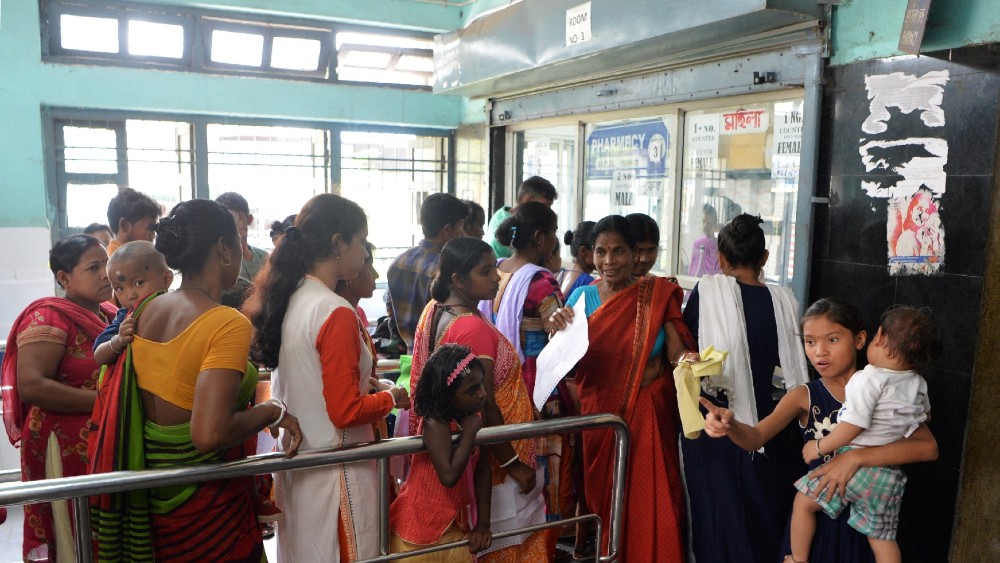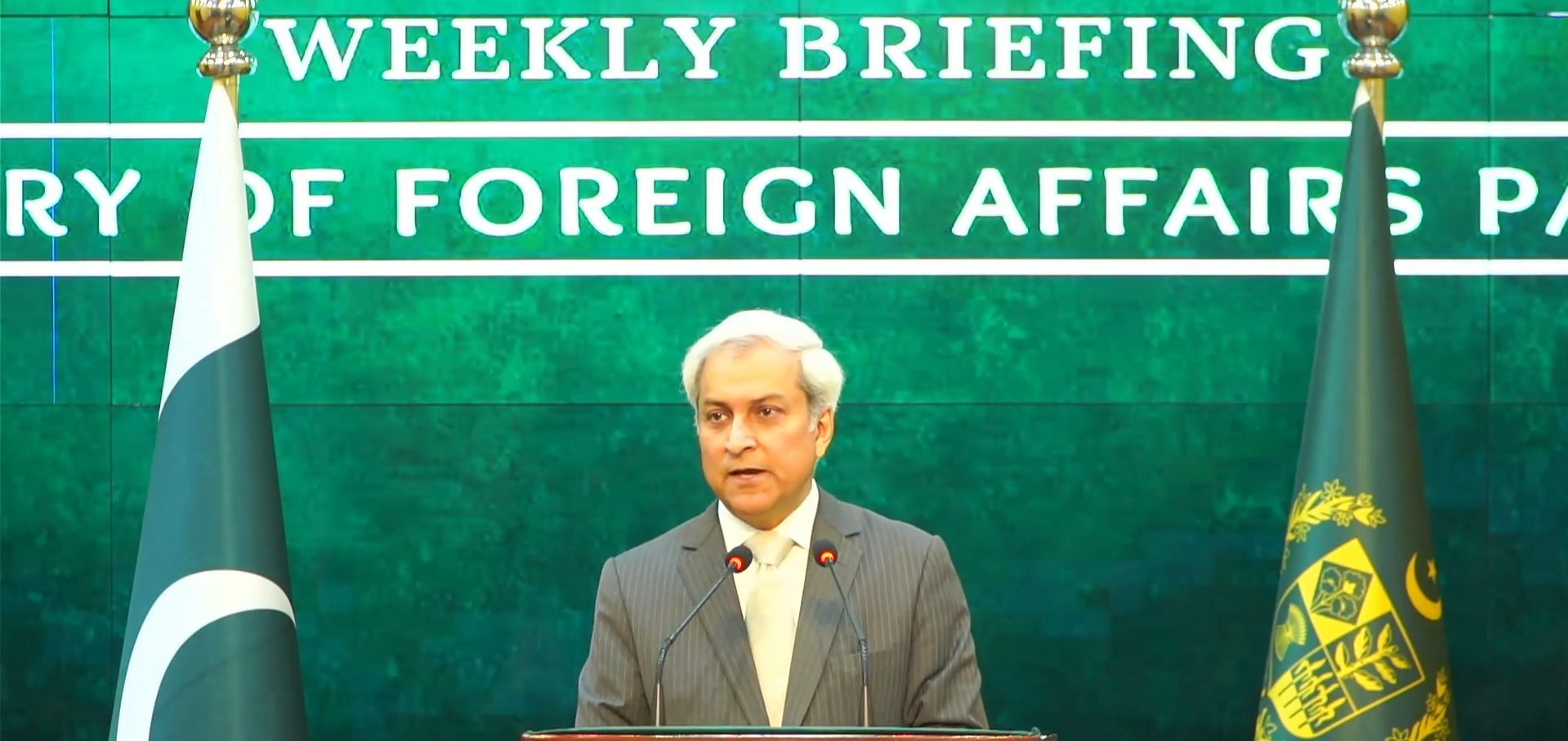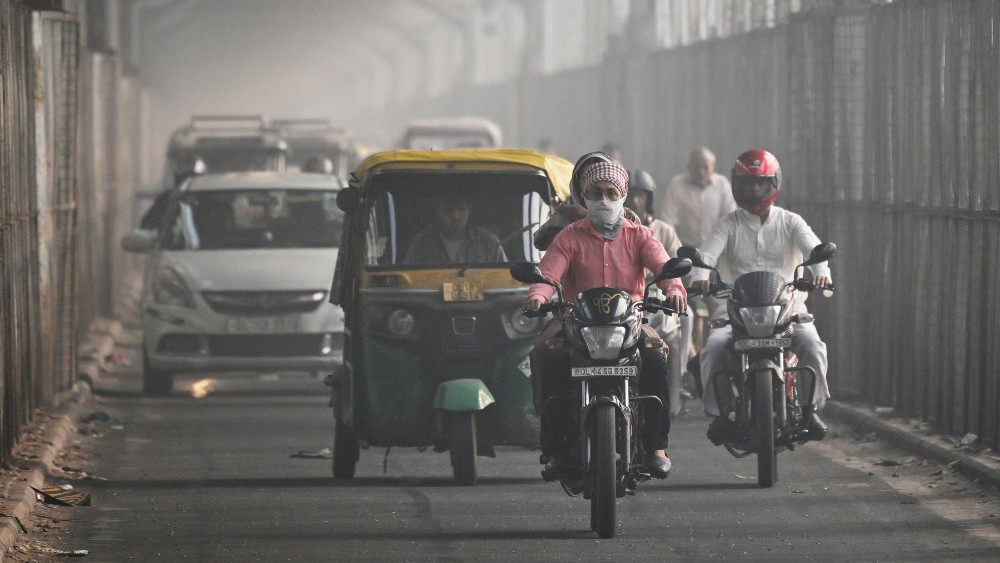ISLAMABAD: Breast cancer accounts for nearly 27% of all female cancers in India, with alarmingly high rates of aggressive triple-negative cases, deepening health inequities amid limited awareness, rural healthcare gaps, and inadequate early detection.
A study published last month in the medical journal JCO Global Oncology states, “In India, breast cancer tops the female-centric cancers, representing nearly 27% of all cancers, as one of the most challenging health care maladies.”
Highest percentages
According to the study, “The projections and cumulative risk for breast cancer are alarmingly high for India, requiring immediate attention.”
“The proportion of highly aggressive triple-negative breast cancer (TNBC) ranges from 6.7% to 27.9% in different countries, while some of the highest percentages are reported in India,” it adds.
Budget of just 2%-3% of GDP
The study highlights, “with a budget of just 2%-3% of GDP, there are numerous challenges in delivering quality health care, especially in rural sectors that harbor nearly 900 million, or two-thirds of India's population.”
It points out that “the urban populations are exposed to unhealthy lifestyles and risk factors, the rural populations lack access to quality health care and trained professionals.”
Cancer burden
“These urban-rural disparities in sociodemographic, behavioral, and lifestyle-related factors add up to the cancer burden that India is facing now,” it says.
Highlighting the challenges, the study states, “There is a general lack of awareness about breast cancer and the importance of early detection in India, which is further compounded by insufficient public health campaigns to educate women about self-breast examinations and screening.”
Conservative norms, patriarchal setup
The study points to conservative social norms and a predominantly patriarchal setup as among the factors posing a challenge.
“Conservative social norms often make women's health a taboo subject.”
“In a patriarchal rural setup, women's health is usually not prioritized, and they often lack the autonomy to seek medical care without previous consent from male family members,” the study underlines.





.jpg)

